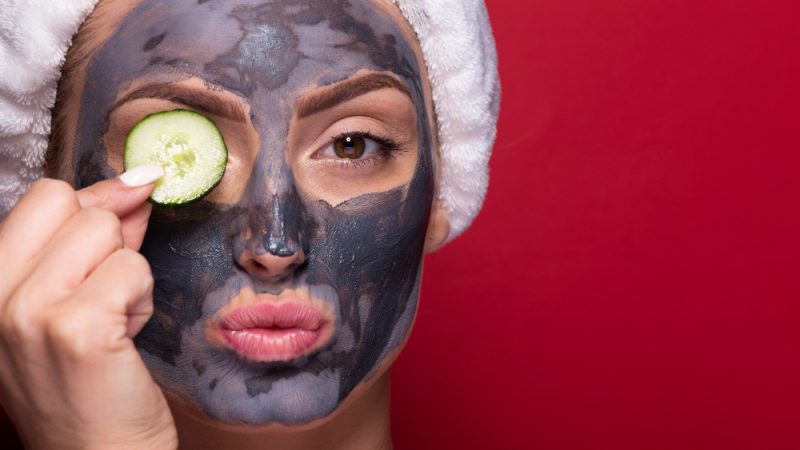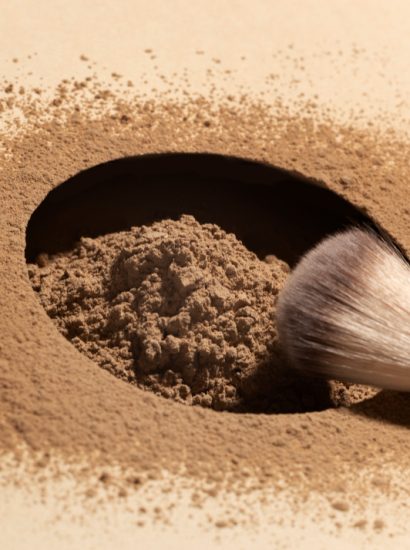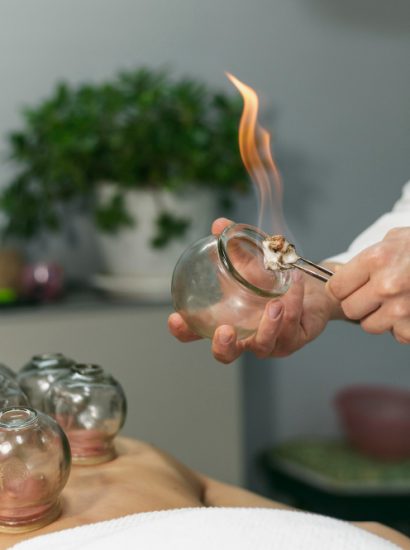Winter is magical—cozy sweaters, snowflakes, Winter Face Mask and hot drinks. But for your skin, the cold season can be brutal. Chilly winds and dry indoor heat zap away moisture, leaving your complexion dull, flaky, and tired. That’s where a winter face mask packed with the right ingredients can make a world of difference.
If you’re struggling with dry patches, lack of radiance, or tight skin, it’s time to upgrade your skincare routine. In this article, we reveal 8 powerful ingredients that fight seasonal dullness and help restore your skin’s glow, moisture, and smoothness—starting with just one mask.
1. Hyaluronic Acid: The Ultimate Moisture Magnet
Hyaluronic acid is a super-hydrator that can hold up to 1,000 times its weight in water. In winter, when your skin barrier is compromised and hydration evaporates quickly, this ingredient helps pull moisture back into your skin and lock it in.
Why it’s perfect for winter face masks:
Instantly plumps and smooths skin
Reduces the appearance of fine lines
Works for all skin types, including oily and acne-prone
Tip: Look for winter masks with *sodium hyaluronate*, a smaller molecule form that penetrates deeper.
2. Glycerin: The Unsung Hydration Hero
Often overshadowed by flashier ingredients, glycerin is a humectant that attracts water to the skin and keeps it hydrated for longer. It’s especially effective in dry and cold conditions because it also helps prevent moisture loss.
Benefits of glycerin in a winter face mask:
Creates a protective barrier
Soothes irritation and flakiness
Works well in combination with other moisturizing ingredients
Best for: Sensitive and dehydrated skin types that need a moisture shield.
3. Niacinamide: The Glow-Boosting Vitamin B3
Niacinamide (Vitamin B3) is a multitasking hero known for its brightening and barrier-repairing properties. In winter, when dullness and uneven tone are at their worst, this ingredient helps restore a smooth and radiant look.
Winter mask benefits of niacinamide:
Improves uneven skin tone
Strengthens the skin’s lipid barrier
Reduces redness and inflammation from cold exposure
Pro tip: Pair niacinamide with hyaluronic acid for maximum glow and hydration.
4. Vitamin C: Your Winter Brightening Powerhouse
Vitamin C is a potent antioxidant that fights free radicals and boosts collagen production. During the dull winter months, it helps revive tired-looking skin and restores a luminous glow.
What it does in a winter face mask:
Fades dark spots and pigmentation
Defends against environmental stress
Brightens dull and sallow skin instantly
Important: Choose stable forms of Vitamin C like *ascorbyl glucosideor *magnesium ascorbyl phosphatein masks for better shelf life and effectiveness.
5. Honey: Nature’s Moisturizer and Healer
Raw honey is a natural humectant, antibacterial, and anti-inflammatory—a perfect ingredient for soothing and nourishing your winter-weary skin. It also delivers a warm, spa-like glow with every use.
How honey helps in face masks:
Locks in moisture and softens skin
Heals micro-cracks and irritation caused by dryness
Adds a natural radiance and smooth finish
DIY idea: Combine honey with yogurt and oatmeal for an easy homemade winter glow mask.
6. Shea Butter: Deep Nourishment for Rough, Dry Skin
Shea butter is rich in fatty acids and vitamins A and E, which are essential for skin healing and deep moisturization. It melts into the skin to repair the barrier, especially helpful in extreme cold.
Why use shea butter in winter masks:
Treats dry patches and flaking
Replenishes lost lipids and strengthens skin
Helps soothe eczema-prone or chapped skin
Great for: Dry to very dry skin types needing intense nourishment.
7. Green Tea Extract: Antioxidant Shield Against Winter Stress
Green tea is loaded with polyphenols, which are powerful antioxidants that protect the skin from damage and inflammation. In the winter, when your skin is vulnerable to free radicals from pollution and harsh weather, green tea provides a protective boost.
Winter mask advantages:
Calms redness and irritation
Boosts circulation for a healthy glow
Detoxifies the skin naturally
Best used in: Gel or cream masks for a calming, cooling effect.
8. Ceramides: The Skin Barrier Protectors
Ceramides are the lipids that naturally occur in your skin and hold the barrier together. In winter, your skin loses ceramides faster, making it more prone to dryness and dullness. A ceramide-rich face mask restores this protective layer.
Ceramide benefits in a winter mask:
Repairs skin barrier damage
Prevents moisture loss
Leaves skin soft, plump, and resilient
Good to know: Ceramides work best when combined with fatty acids and cholesterol in masks.
Choosing the Right Winter Face Mask for Your Skin Type
Knowing which ingredients help is just one part of the equation—matching them to your skin type ensures better results.
Dry skin: Look for masks with shea butter, honey, and ceramides.
Oily/combination skin: Choose formulas with niacinamide and green tea extract.
Sensitive skin: Stick to gentle ingredients like glycerin and honey.
Dull, tired skin: Go for masks rich in Vitamin C and hyaluronic acid.
How Often Should You Use a Winter Face Mask?
Winter calls for more intensive care. While in summer you might use a mask once a week, in colder months:
Hydrating masks: 2–3 times per week
Brightening masks: 1–2 times per week
Overnight masks: Once or twice a week for deep repair
Always follow up with moisturizer to lock in the benefits.
Conclusion: Say Goodbye to Winter Dullness
A glowing complexion in winter isn’t impossible—it just takes the right ingredients and a consistent routine. A winter face mask with powerhouse components like hyaluronic acid, niacinamide, honey, and ceramides can revive your skin from the very first use.
Investing in a quality face mask, or crafting your own with these 8 proven ingredients, will help you combat dullness, dryness, and sensitivity all season long. Your skin deserves that extra TLC when the temperature drops!
FAQs
1. Can I use a winter face mask every day?
No, it’s best to use hydrating or nourishing masks 2–3 times a week. Overuse can overwhelm your skin or cause product buildup.
2. Are winter face masks suitable for oily skin?
Yes! Just choose lightweight, non-comedogenic ingredients like niacinamide or green tea extract instead of heavier oils or butters.
3. What’s the best time to apply a winter face mask?
Evening is ideal. Your skin repairs itself overnight, so masking before bed allows ingredients to work while you sleep.
4. Can I layer a winter face mask with other products?
You can apply toner or essence before a mask, but always mask first, then moisturize afterward to seal in benefits.
5. Do DIY winter masks work as well as store-bought ones?
Yes, if made with the right ingredients like honey, yogurt, or oats. Just ensure your skin isn’t sensitive to any natural substances.
Also read : WOWO Hair Mask: 10 Benefits You’ll Notice After One Use





